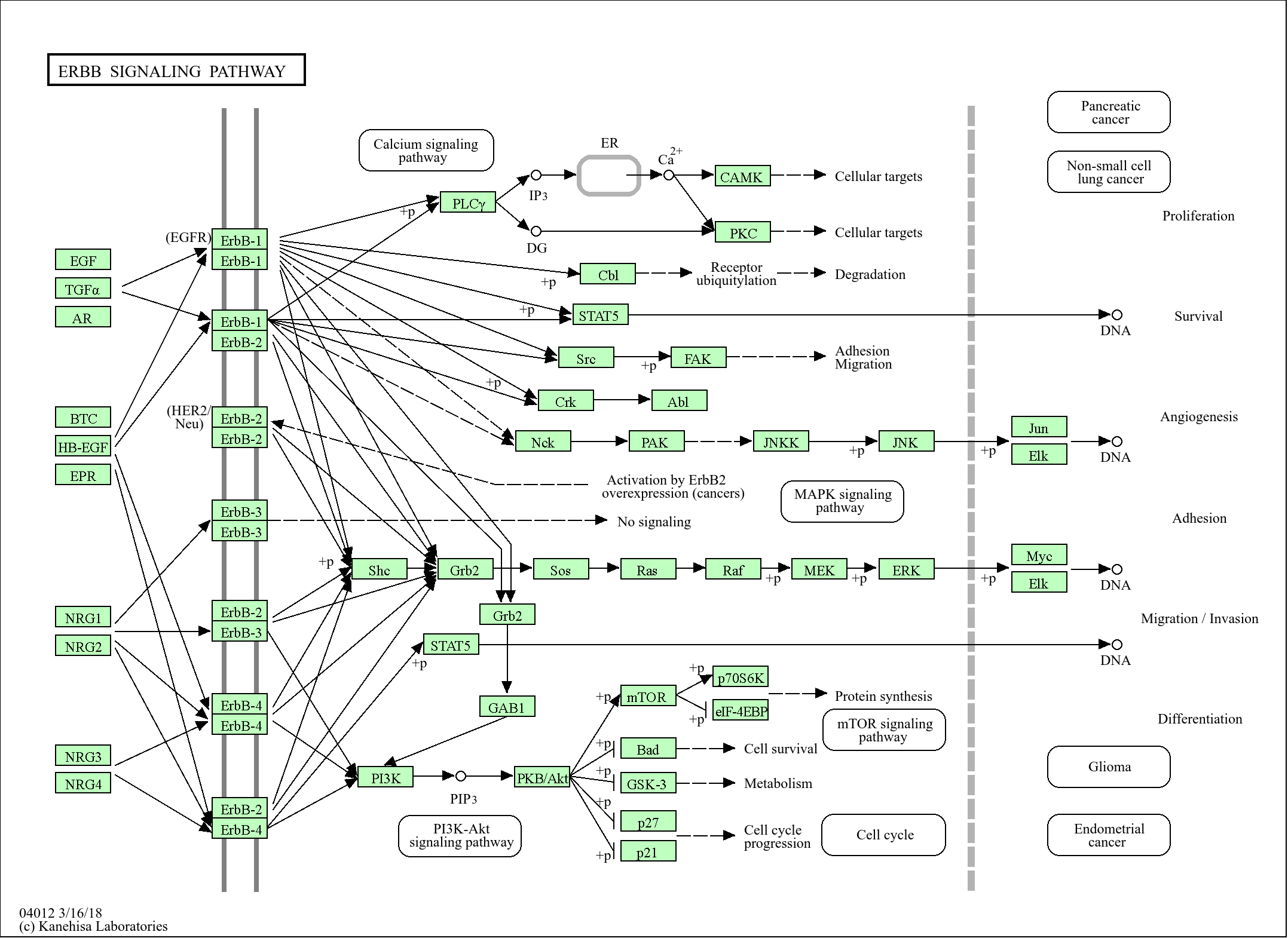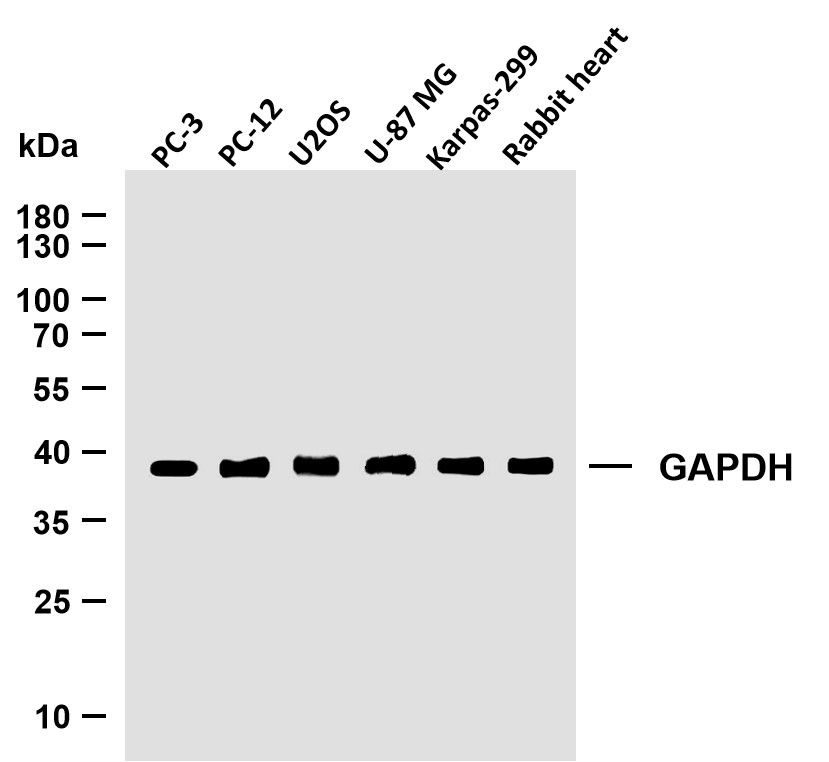
Catalog: YT0639
Size
Price
Status
Qty.
200μL
$450.00
In stock
0
100μL
$280.00
In stock
0
40μL
$150.00
In stock
0
Add to cart


Collected


Collect
Main Information
Target
CARKL
Host Species
Rabbit
Reactivity
Human, Mouse, Rat
Applications
WB, IHC, IF, ELISA
MW
55kD (Observed)
Conjugate/Modification
Unmodified
Detailed Information
Recommended Dilution Ratio
WB 1:500-1:2000; IHC 1:100-1:300; ELISA 1:20000; IF 1:50-200
Formulation
Liquid in PBS containing 50% glycerol, 0.5% BSA and 0.02% sodium azide.
Specificity
CARKL Polyclonal Antibody detects endogenous levels of CARKL protein.
Purification
The antibody was affinity-purified from rabbit antiserum by affinity-chromatography using epitope-specific immunogen.
Storage
-15°C to -25°C/1 year(Do not lower than -25°C)
Concentration
1 mg/ml
MW(Observed)
55kD
Modification
Unmodified
Clonality
Polyclonal
Isotype
IgG
Related Products
Antigen&Target Information
Immunogen:
The antiserum was produced against synthesized peptide derived from human CARKL. AA range:31-80
show all
Specificity:
CARKL Polyclonal Antibody detects endogenous levels of CARKL protein.
show all
Gene Name:
SHPK
show all
Protein Name:
Sedoheptulokinase
show all
Other Name:
SHPK ;
CARKL ;
Sedoheptulokinase ;
SHK ;
Carbohydrate kinase-like protein
CARKL ;
Sedoheptulokinase ;
SHK ;
Carbohydrate kinase-like protein
show all
Background:
sedoheptulokinase(SHPK) Homo sapiens The protein encoded by this gene has weak homology to several carbohydrate kinases, a class of proteins involved in the phosphorylation of sugars as they enter a cell, inhibiting return across the cell membrane. Sequence variation between this novel gene and known carbohydrate kinases suggests the possibility of a different substrate, cofactor or changes in kinetic properties distinguishing it from other carbohydrate kinases. The gene resides in a region commonly deleted in cystinosis patients, suggesting a role as a modifier for the cystinosis phenotype. The genomic region is also rich in Alu repetitive sequences, frequently involved in chromosomal rearrangements. [provided by RefSeq, Jul 2008],
show all
Function:
Catalytic activity:ATP + sedoheptulose = ADP + sedoheptulose 7-phosphate.,Disease:Deficiency of the SHPK gene in cystinosis patients with a common 57-Kb deletion causes urinary accumulation of sedoheptulose and erythritol.,similarity:Belongs to the FGGY kinase family.,tissue specificity:Strongly expressed in liver, kidney and pancreas. Expressed at lower levels in placenta and heart. Very weakly expressed in lung and brain.,
show all
Cellular Localization:
Cytoplasm .
show all
Tissue Expression:
Strongly expressed in liver, kidney and pancreas. Expressed at lower levels in placenta and heart. Very weakly expressed in lung and brain.
show all
Research Areas:
>>Metabolic pathways
show all
Reference Citation({{totalcount}})
Catalog: YT0639
Size
Price
Status
Qty.
200μL
$450.00
In stock
0
100μL
$280.00
In stock
0
40μL
$150.00
In stock
0
Add to cart


Collected


Collect
Recently Viewed Products
Clear allPRODUCTS
CUSTOMIZED
ABOUT US
Toggle night Mode
{{pinfoXq.title || ''}}
Catalog: {{pinfoXq.catalog || ''}}
Filter:
All
{{item.name}}
{{pinfo.title}}
-{{pinfo.catalog}}
Main Information
Target
{{pinfo.target}}
Reactivity
{{pinfo.react}}
Applications
{{pinfo.applicat}}
Conjugate/Modification
{{pinfo.coupling}}/{{pinfo.modific}}
MW (kDa)
{{pinfo.mwcalc}}
Host Species
{{pinfo.hostspec}}
Isotype
{{pinfo.isotype}}
Product {{index}}/{{pcount}}
Prev
Next
{{pvTitle}}
Scroll wheel zooms the picture
{{pvDescr}}


















